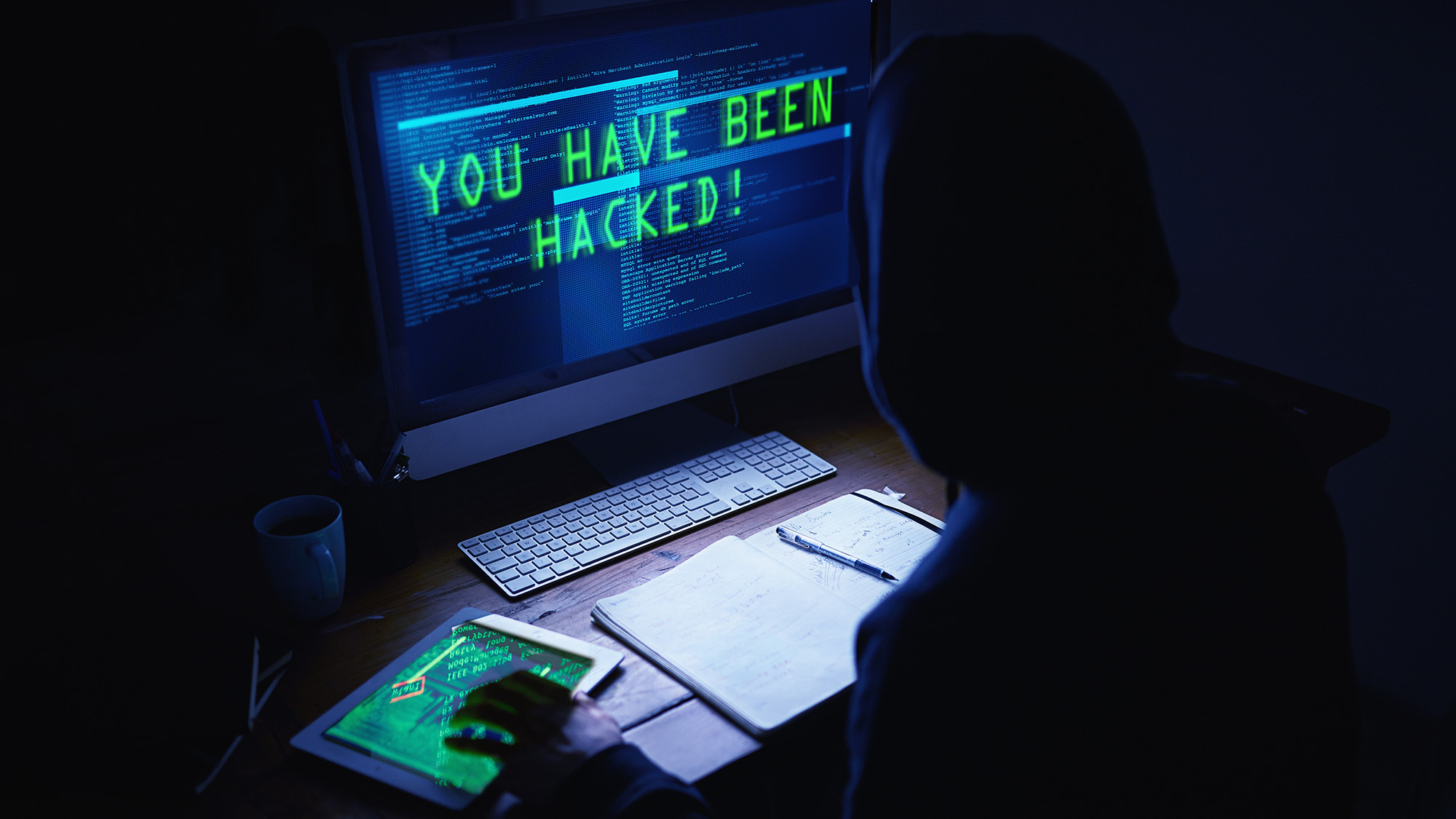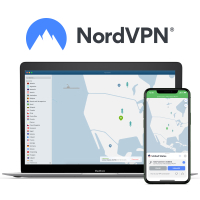What is the dark web?
While it has a bit of a shady reputation, the dark web also has a variety of legitimate uses.

Thanks to its reputation in pop culture, use in movies by nefarious villains and…well, a name that does arguably raise some questions, the dark web has been painted as a world of mystery that you need one of the best VPNs to access without succumbing to its murky depths.
And yet, in actuality, the dark web is rather simple. What we interact with on a day-to-day basis is known as the clear web. This includes checking your emails, online shopping, browsing social media and other pretty normal online experiences.
Think of the dark web as a second, somewhat murkier layer below this. It can’t just be accessed from your normal browser, but instead requires a bit more work to get to.
While most people will never find themselves needing to access the dark web, there are some perfectly reasonable uses for it, along with some other less savoury ones. Here, I'll explain all this, and more.
The best dark web VPN: NordVPN
If you're looking to venture out into the dark web, it's a good idea to take some protection with you. With top-of-the-line encryption and excellent speeds, you can browse safe in the knowledge that NordVPN will keep you safe without slowing you down. On top of this, NordVPN offers cyber threat protection, combating any cyber nasties you might come across.
Prices start from under $3.50 per month, and there's even a 30-day money-back guarantee, so you can try it out risk-free.
What is the dark web?
The dark web gets its name from its hidden nature. There are large portions of the internet that we can’t access, known as the deep web. Some of these can’t be accessed for obvious reasons like private email accounts, online banking or restricted websites that are hiding personal data.
The dark web is hidden for a different reason. The core principle of this kind of browsing is anonymity. Much like some of the best VPN services, the dark web’s selling point is that it bounces your internet traffic through multiple servers around the world, making you (and your online habits) harder to track.
Known as onion routing, layers of encryption are used to protect messages and activity as they travel through the network.
Sign up to get the BEST of Tom's Guide direct to your inbox.
Get instant access to breaking news, the hottest reviews, great deals and helpful tips.
While the exact definition varies, the term normally refers to content that is hosted on these secure networks. This is a completely separate form of internet that can’t be accessed by typical search engines.

How do you access the dark web?
In many ways, the dark web is actually very similar to the regular internet that we all use. While you would normally use a browser like Google Chrome or Firefox, the dark web requires a different set of browsers.
There are a few to choose from, but the best-known is Tor. To get onto the dark web, you’ll need to download the Tor browser. This can be downloaded on a desktop or equally as an app on Android or Apple.
Once installed, this new browser will work just like any other but with an entirely new set of websites available. Finding these websites can be hard but you can search on Google for lists of dark web addresses.
These will typically end in .onion. However, this is where some caution needs to be implemented. As part of its anonymous nature, the dark web can house some illegal sites so check the nature of any links before using them.
Even though the dark web is already anonymous, it is best to use some of the most secure VPNs while surfing it. Not only will this add that extra layer of security, but it can also prevent your internet service provider from restricting or throttling your TOR traffic.

What do people use the dark web for?
So, you’ve made it onto the dark web…but what can you actually do on there? The dark web has developed a bit of a seedy reputation, thanks to its use by criminal users and for illegal activities.
However, there are also some perfectly reasonable and legitimate uses too. Journalists and activists often use the dark web to communicate securely with sources and work around censorship imposed upon them by tyrannical regimes.
Equally, the same reasoning applies to dissidents and whistleblowers who might use it to share information without facing retribution.
There are also lots of people who just appreciate the privacy that the dark web offers. A lot of its users are simply looking to avoid the website-to-site tracking that occurs on the main section of the internet.

Is the dark web safe to use?
While the dark web offers the benefits of privacy and anonymity, that benefit comes with a trade-off. This side of the internet is somewhat lawless, offering up a hotbed of criminal activity. Unfortunately, even with the anonymity provided, it is still possible to fall victim to scammers, hackers or criminals while you are browsing.
Equally, many of the websites on the dark web are offering something illegal. Accessing these sites can come with legal risks or could simply compromise your computer.
This also means that many files and links can put you at risk of installing malware on your device that will steal your personal information, lock you out of your data, or monitor your activities.
This is why, despite the protections already in place, investing in one of the most private VPNs is crucial before heading onto the dark web. In addition to the Tor browser itself, the VPN will help to anonymise you further, hiding your use of a Tor from your internet service provider.
On top of that, many VPNs come with automatic virus scanning and traffic analysis. This will warn you ahead of time if you try to download a file that could potentially contain a nasty virus.
Disclaimer
We test and review VPN services in the context of legal recreational uses. For example: 1. Accessing a service from another country (subject to the terms and conditions of that service). 2. Protecting your online security and strengthening your online privacy when abroad. We do not support or condone the illegal or malicious use of VPN services. Consuming pirated content that is paid-for is neither endorsed nor approved by Future Publishing.

Alex is the AI editor at TomsGuide. Dialed into all things artificial intelligence in the world right now, he knows the best chatbots, the weirdest AI image generators, and the ins and outs of one of tech’s biggest topics.
Before joining the Tom’s Guide team, Alex worked for the brands TechRadar and BBC Science Focus.
In his time as a journalist, he has covered the latest in AI and robotics, broadband deals, the potential for alien life, the science of being slapped, and just about everything in between.
Alex aims to make the complicated uncomplicated, cutting out the complexities to focus on what is exciting.
When he’s not trying to wrap his head around the latest AI whitepaper, Alex pretends to be a capable runner, cook, and climber.
- Olivia PowellTech Software Commissioning Editor

